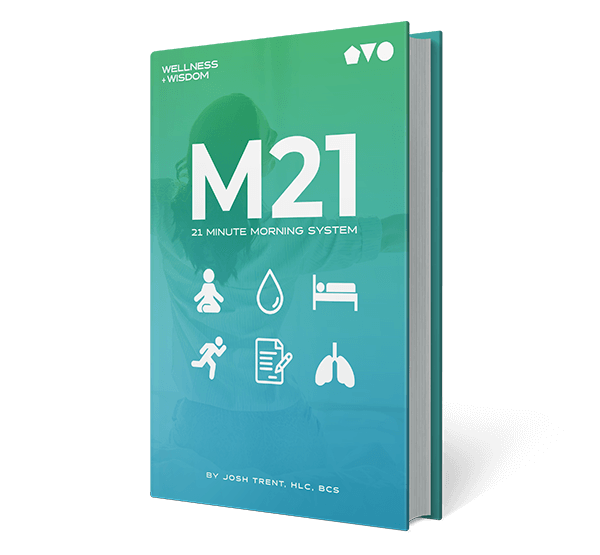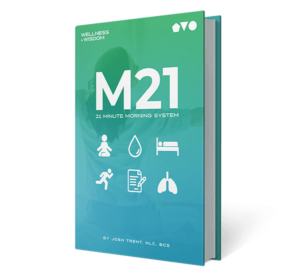 Maintaining optimal oral health extends far beyond achieving a bright smile; it is a vital component of overall health and well-being. Effective oral hygiene practices are essential for preventing a wide range of dental problems, safeguarding systemic health, and enhancing self-confidence.
Maintaining optimal oral health extends far beyond achieving a bright smile; it is a vital component of overall health and well-being. Effective oral hygiene practices are essential for preventing a wide range of dental problems, safeguarding systemic health, and enhancing self-confidence.
Many people wonder “why is oral health important?”, but the answer lies in its significant impact on overall health and well-being. This comprehensive guide outlines 11 effective oral hygiene steps to achieve and maintain the best dental care.
Table of Contents
1) Understand How Oral Health Affects Overall Health
Before anything else, it is crucial to understand that oral health is deeply connected to overall health, as poor oral hygiene can lead to systemic conditions such as heart disease, diabetes, and respiratory infections. The Journal of the American Heart Association reports that periodontal disease is associated with an increased risk of heart attack and stroke. Understanding the connection between oral and general health motivates consistent oral hygiene practices.
2)Brush Your Teeth Twice Daily
Starting with the basics, brushing your teeth twice a day is the cornerstone of oral hygiene steps recommended by dentists worldwide. Using fluoride toothpaste helps remove plaque—a sticky film of bacteria which, if left untreated, can lead to cavities requiring dental fillings, as well as more severe issues like gum disease. Moreover, dentists emphasize that regular brushing significantly reduces the risk of periodontal diseases. It is also essential to brush for at least two minutes, ensuring you reach all areas of your mouth.
3) Practice Proper Brushing Techniques & Replace Your Toothbrush Regularly
Effective brushing is just as crucial as frequency. Use a soft-bristled toothbrush and gentle, circular motions to clean all surfaces of your teeth and gums, avoiding vigorous brushing that can harm enamel and gums. Studies published in the Journal of Periodontal Research emphasize that proper brushing enhances oral hygiene. Additionally, replace your toothbrush every three to four months, as worn bristles are less effective and can harbour bacteria.
4) Don’t Forget to Floss & Use Mouthwash for Extra Protection
Flossing and using mouthwash are essential for achieving optimal oral hygiene. Flossing removes food particles and plaque from areas a toothbrush cannot reach, reducing the risk of gum disease and cavities, according to the American Dental Association. Complementing this with an antimicrobial mouthwash further decreases bacteria and plaque, offering enhanced protection against gingivitis while freshening your breath.
5) Maintain a Balanced Diet
What you eat plays a crucial role in maintaining the best practices for healthy teeth. Foods rich in calcium, such as dairy products, leafy greens, and almonds, help strengthen tooth enamel. Additionally, crunchy fruits and vegetables like apples and carrots stimulate saliva production, which naturally cleanses the mouth. Limiting sugary snacks and drinks is equally important, as sugar feeds harmful bacteria that produce acids, leading to tooth decay.
6) Limit Acidic Food & Drinks
Limiting the intake of acidic foods and drinks, such as citrus fruits, vinegar, and sodas, is crucial to maintaining strong enamel. Over time, the acids in these items can weaken and erode the enamel, leading to increased sensitivity and a higher risk of cavities. To mitigate this, it is advisable to rinse your mouth with water after consumption, which helps neutralize acids and protects your teeth from long-term damage.
7) Avoid Tobacco Products
Learning how to have good oral hygiene is crucial for preventing dental issues and ensuring long-term oral health. Tobacco use is one of the most significant risk factors for oral health problems, including gum disease, tooth loss, and oral cancer. Studies published in the International Journal of Environmental Research and Public Health show that smokers are at a higher risk of developing severe gum disease than non-smokers. Quitting tobacco not only improves your oral hygiene but also enhances your overall health.
8) Limit Alcohol Consumption
Excessive alcohol consumption can erode tooth enamel and lead to dry mouth, increasing the risk of cavities and gum disease. Studies have shown that alcohol, especially when combined with tobacco use, significantly raises the risk of oral cancer. Limiting alcohol intake is a critical aspect of how to keep teeth healthy and ensure long-term oral health.
9) Stay Hydrated
Water is not only vital for overall health but also plays a crucial role in oral hygiene. Drinking water, especially after meals, helps wash away food particles and neutralize acids in the mouth, reducing the risk of tooth decay. Water also keeps your gums hydrated and supports saliva production, which is essential for maintaining a healthy mouth.
10) Use a Night Guard if You Grind Your Teeth
If you grind your teeth at night (a condition known as bruxism), it can lead to significant tooth damage, including enamel wear, chips, and fractures, as well as jaw pain and headaches. Wearing a custom-fitted night guard acts as a protective barrier, absorbing the forces of grinding and clenching. This not only shields your teeth from damage but also alleviates strain on your jaw muscles, preventing long-term complications.
11) Visit Your Dentist Regularly
Lastly, but importantly, regular dental check-ups are a key aspect of how to improve oral health. Dentists can detect early signs of dental problems like cavities, gum disease, and oral cancer. The ADA recommends visiting your dentist at least twice a year for cleanings and examinations. These visits are essential for maintaining the best oral hygiene routine, as professional cleanings remove plaque and tartar that regular brushing cannot.
Final Thoughts | Mastering Optimal Oral Health
Following these 11 steps to optimal oral health will ensure your teeth and gums remain healthy and strong for a long time. If you haven’t already, incorporate these oral hygiene steps into your daily routine to enjoy a radiant smile while also protecting your overall health.
Whether you are looking for grooming tips for men and women or seeking ways to enhance your oral hygiene, these best practices for healthy teeth will guide you toward a lifetime of excellent oral health. Staying informed and adhering to the best oral hygiene routine is key to maintaining a healthy mouth and body. Invest in your smile today—healthy teeth are always in style!









